Eat to live or live to eat. Food is at the center of many of our activities, whether it be grabbing dinner with friends, cooking a meal with family, or scrolling on Instagram for recipe inspiration. However, what we eat and the way we eat can have drastic impacts on our physical, emotional, and even mental health. Do you find yourself hopping on the latest diet trends only to be disappointed by the results? Or eating foods that you don’t even enjoy just to be “healthy”? We get it; Knowing what to eat can be hard! But we have a solution.
A nutritional intervention aims to resolve or improve a diagnosis or nutrition deficit by creating a personalized nutrition plan and through educating the client about food. Nutrition can be used to treat pre-existing conditions and to lower the risk of heart disease, inflammation, skin problems, and digestive issues. Nutritional interventions are led by a Registered Dietician or Certified Nutrition Specialist, aka an RD or CNS, who have a Masters in Nutrition, have completed a dietetic internship, and have passed certain exams.
After forming a close relationship with your nutritionist, you first learn how to manage and modify your own diet, physical activity, and mindset surrounding food. You will work alongside your nutritionist to establish realistic and attainable food and nutrition goals to meet over a certain period of time. These specific goals can differ from person to person, but your nutritionist will meet your personalized needs and lead the way towards optimal health.
Through food, our bodies can regulate our emotions. This is known as the mind-body connection, overseen by the vagus nerve of the body. This nerve connects the digestive system to the brain, carrying an extensive range of signals to and from. It’s at the center of the parasympathetic nervous system, also known as the rest and digest system. It controls many important functions, including stabilizing mood, immune response, digestion, and heart rate.
An apple a day keeps the doctor away, and according to research, can also keep digestive issues at bay. Apples are rich in pectin, a soluble fiber, which bypasses digestion in the small intestine and is then broken down by the good bacteria in your gut. Pectin is important for IBS, relieving you of your symptoms while being a convenient and delicious snack.
Need another excuse to eat chocolate? We’ve got you covered. A 2014 study found that 40g of dark chocolate helped reduce perceived stress in female students, and further studies concluded that cocoa improves mood. Dark chocolate is a rich source of polyphenols. Flavonoids, a type of polyphenol, has been known to reduce neuroinflammation and cell death in the brain as well as improve blood flow. Chocolate also has a high tryptophan content, which the body uses to turn into mood-enhancing neurotransmitters, such as serotonin in the brain.
It’s proven that the foods we eat can have a profound impact on our mental, physical, and emotional health. The right foods can help our bodies create and regulate hormones, allowing us to feel good literally from the inside, out. Hormones help to control appetite, weight, mood, and other bodily functions. However, hormonal imbalance, such as PCOS, has become increasingly common and can have major effects on our bodies. A healthy diet, including hormone-balancing foods can help improve overall and hormonal health. Salmon, walnuts, and seeds are great foods to incorporate into your healthy diet. These foods are rich in omega-3s, which reduce inflammation and can stabilize blood sugar.
The space surrounding nutrition is extremely saturated and can be overwhelming, especially if you’re just starting out. From Instagram to Tiktok to blogs and other forms of social media, the fact that everybody’s body is different is lost. There is no “one size fits all” to nutrition; Two people could eat identically and still look completely different! This is why having a personalized plan is so important: it works with your own physiology to help you achieve your own personal goals.
Nutritional interventions have several complementary aims; It’s not all just about food! While Registered Dietitians and Certified Nutrition Specialists specialize in nutrition and food science, they also tend to your personal emotional needs. Nutritionists work with your food preferences, motivate you to enjoy the act of eating healthy foods, and educate you on how to fuel your body in order to feel your best. To get started on your own health journey, head over to our Virtual Care page and contact Jen Ayala, Arrae’s very own dietician. And remember, it’s never too late to get invested in your health.
Disclaimer: This blog post is purely informational and does not imply any evaluation by the Food and Drug Administration. This blog post is not intended to diagnose, treat, cure, or prevent diseases, nor should it substitute for advice from a healthcare professional.

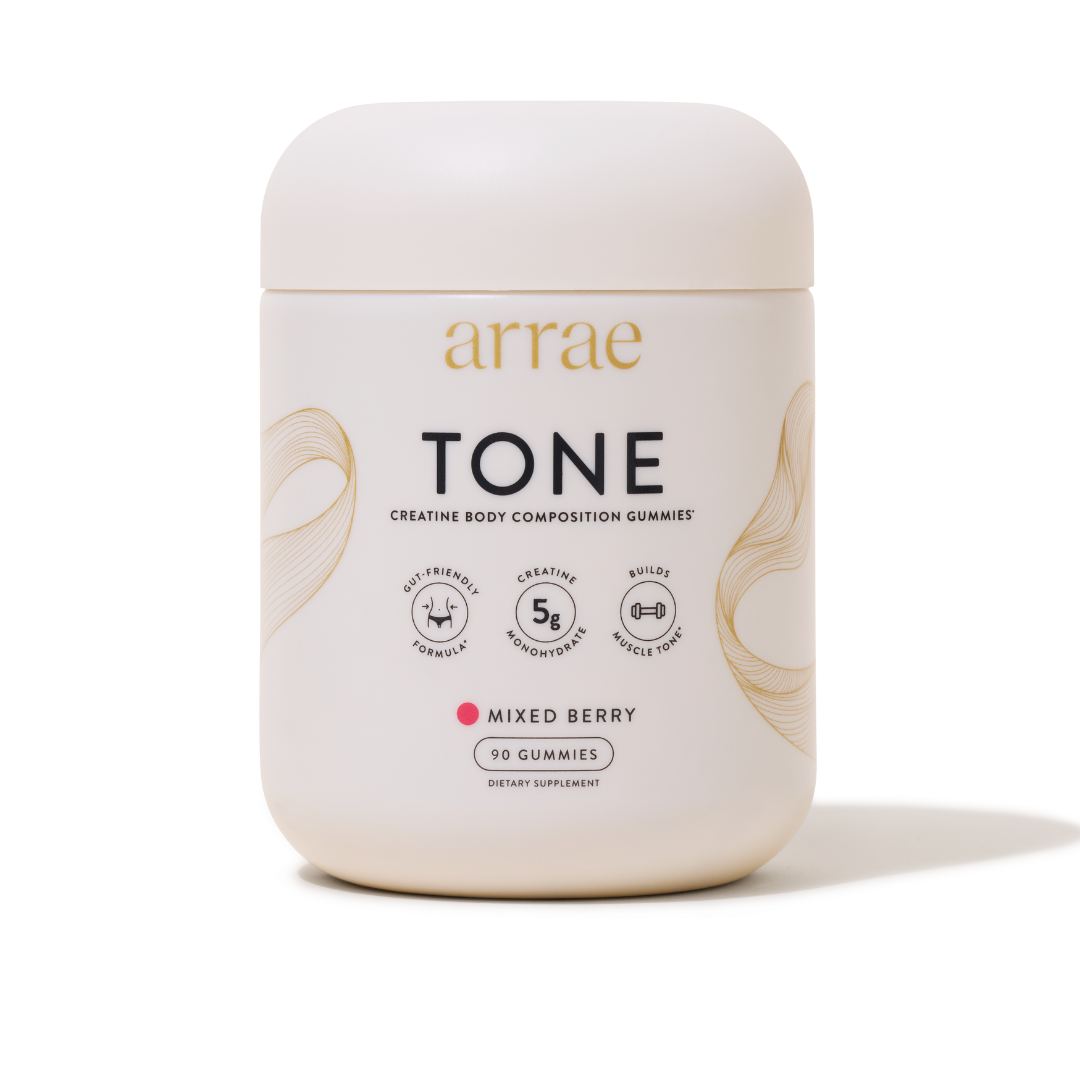

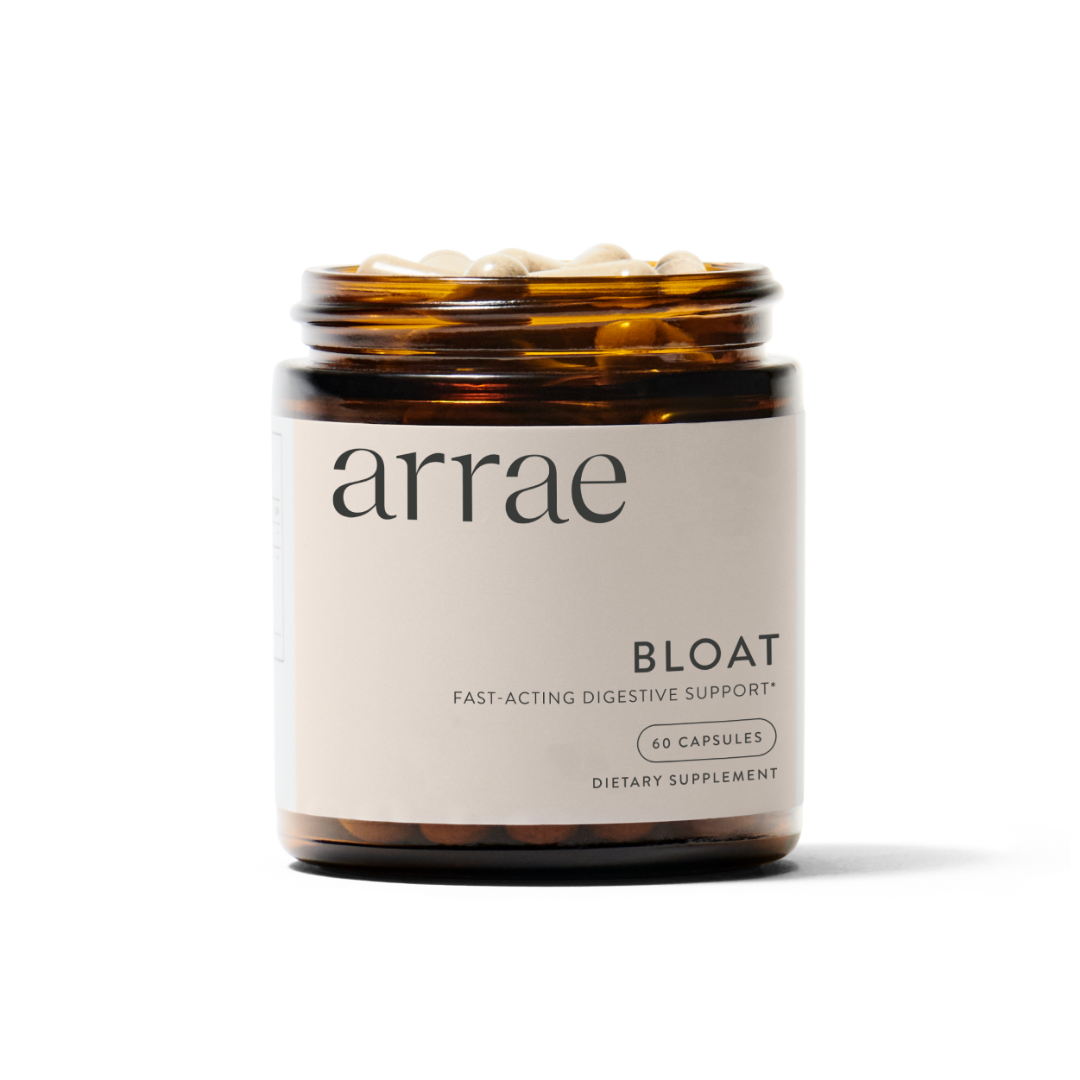
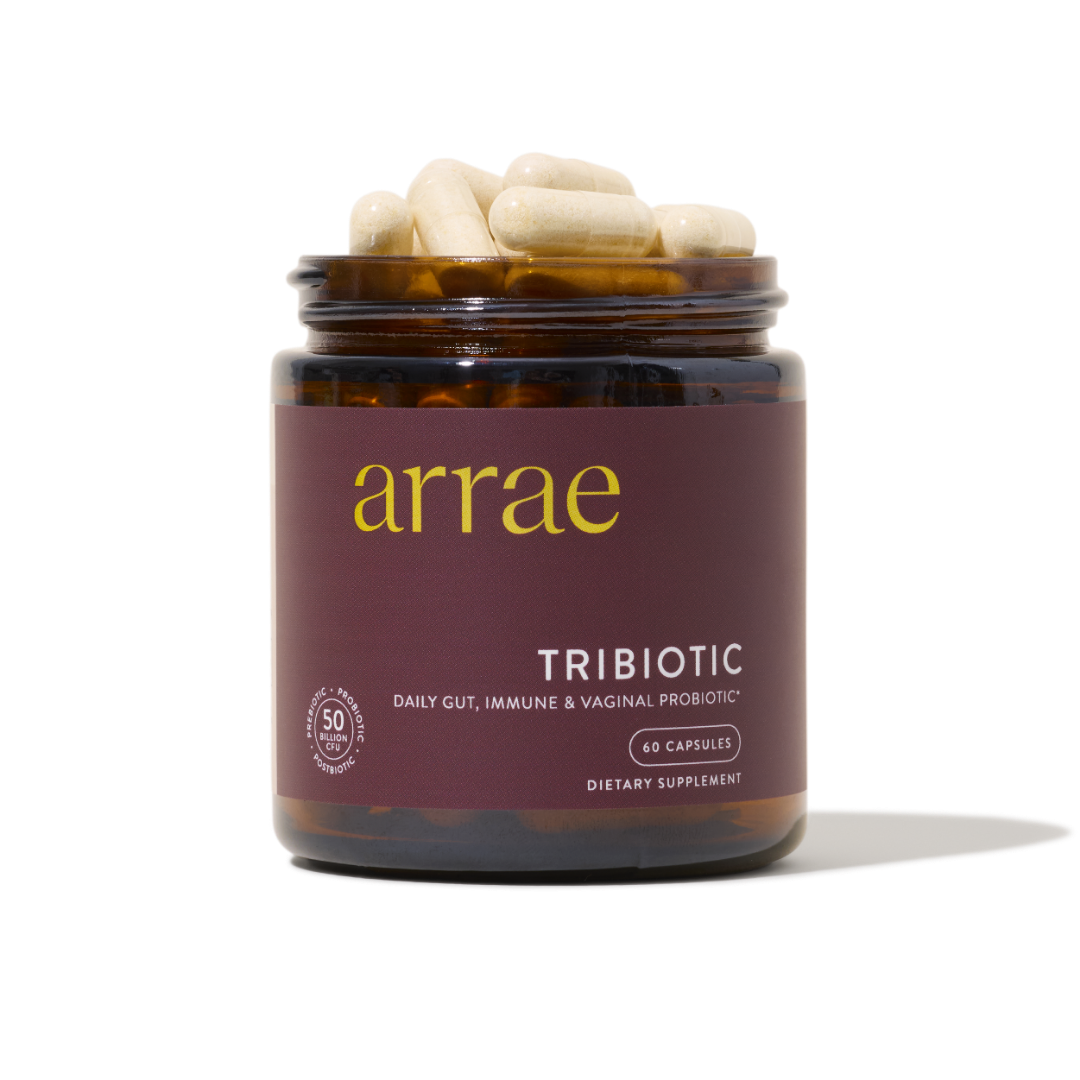
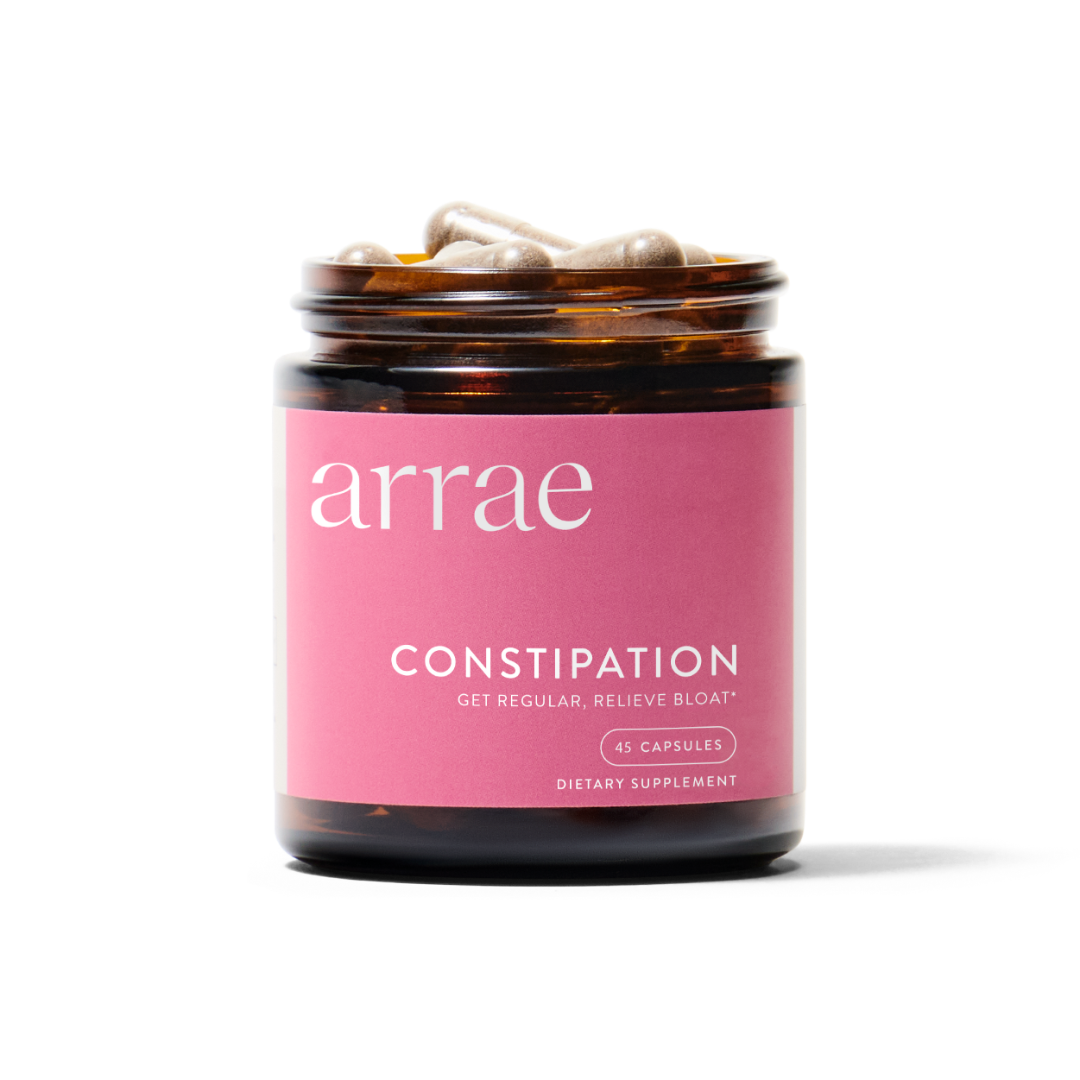

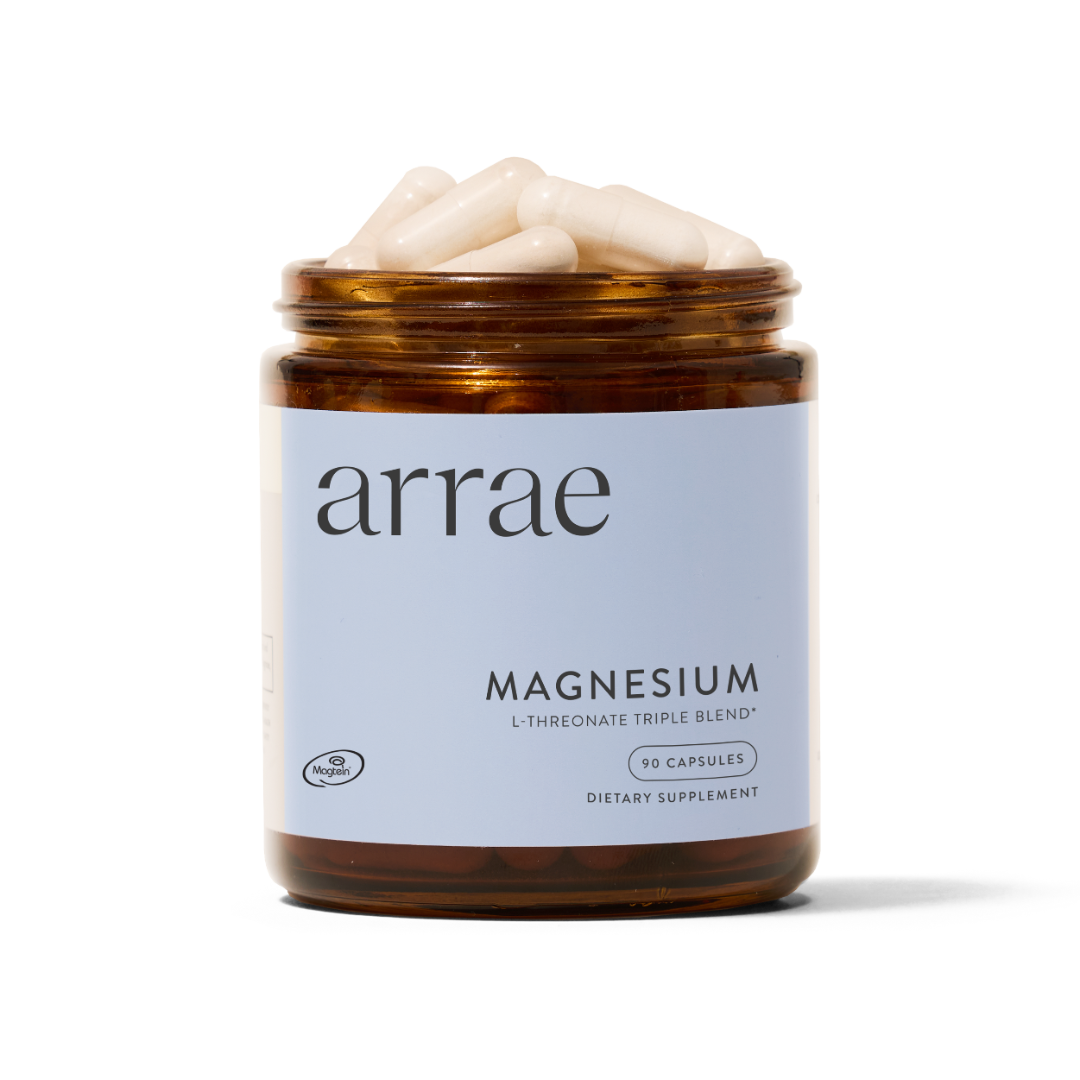
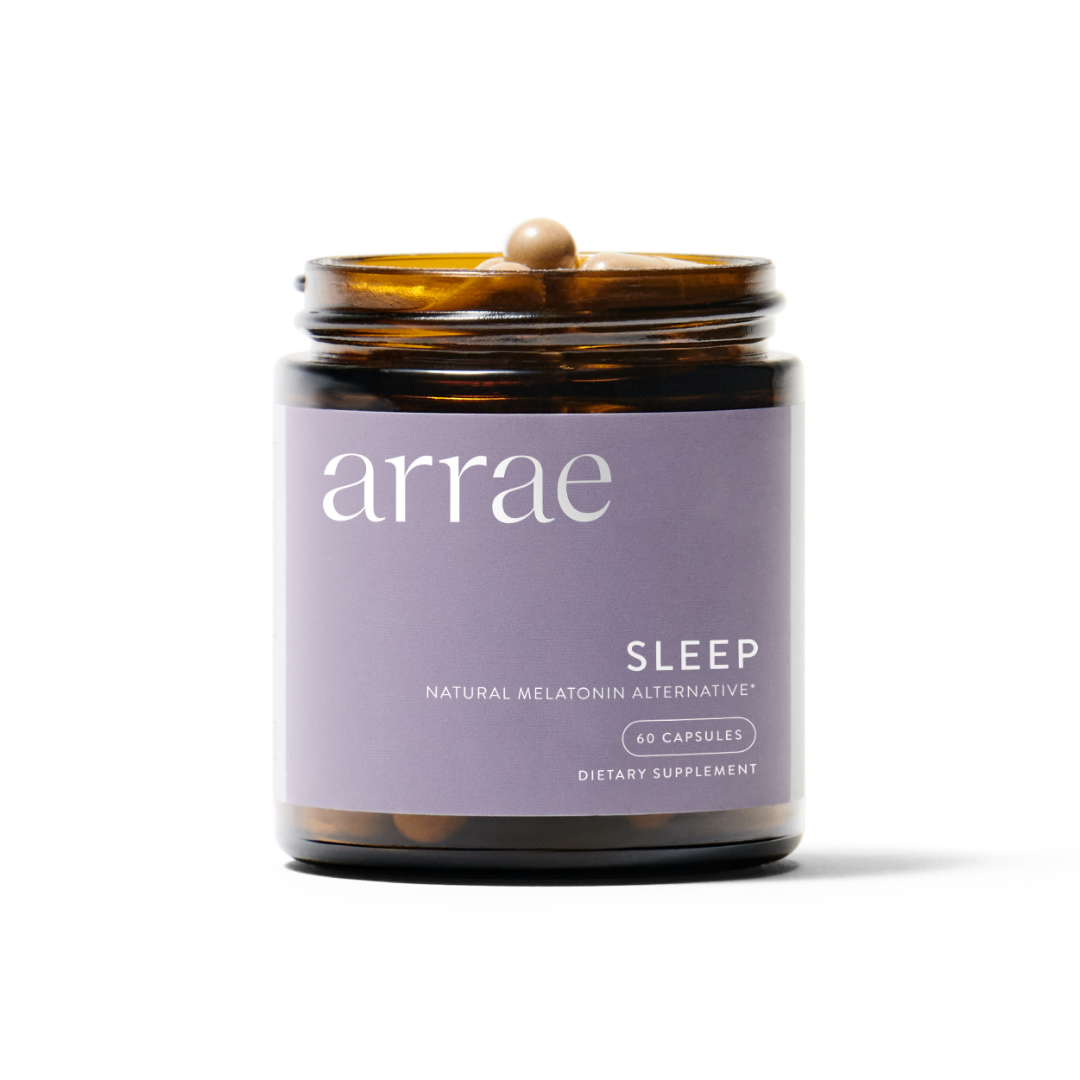

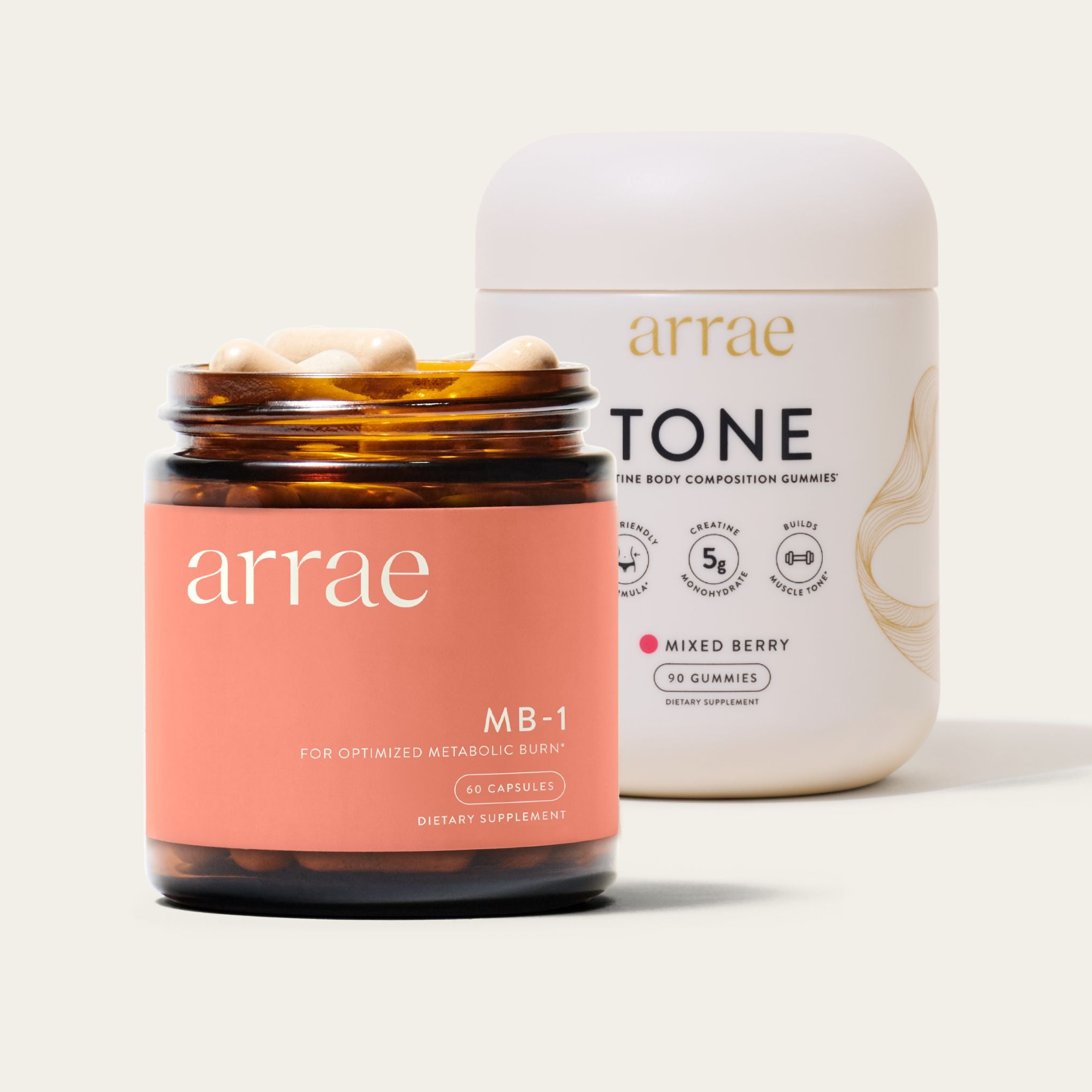
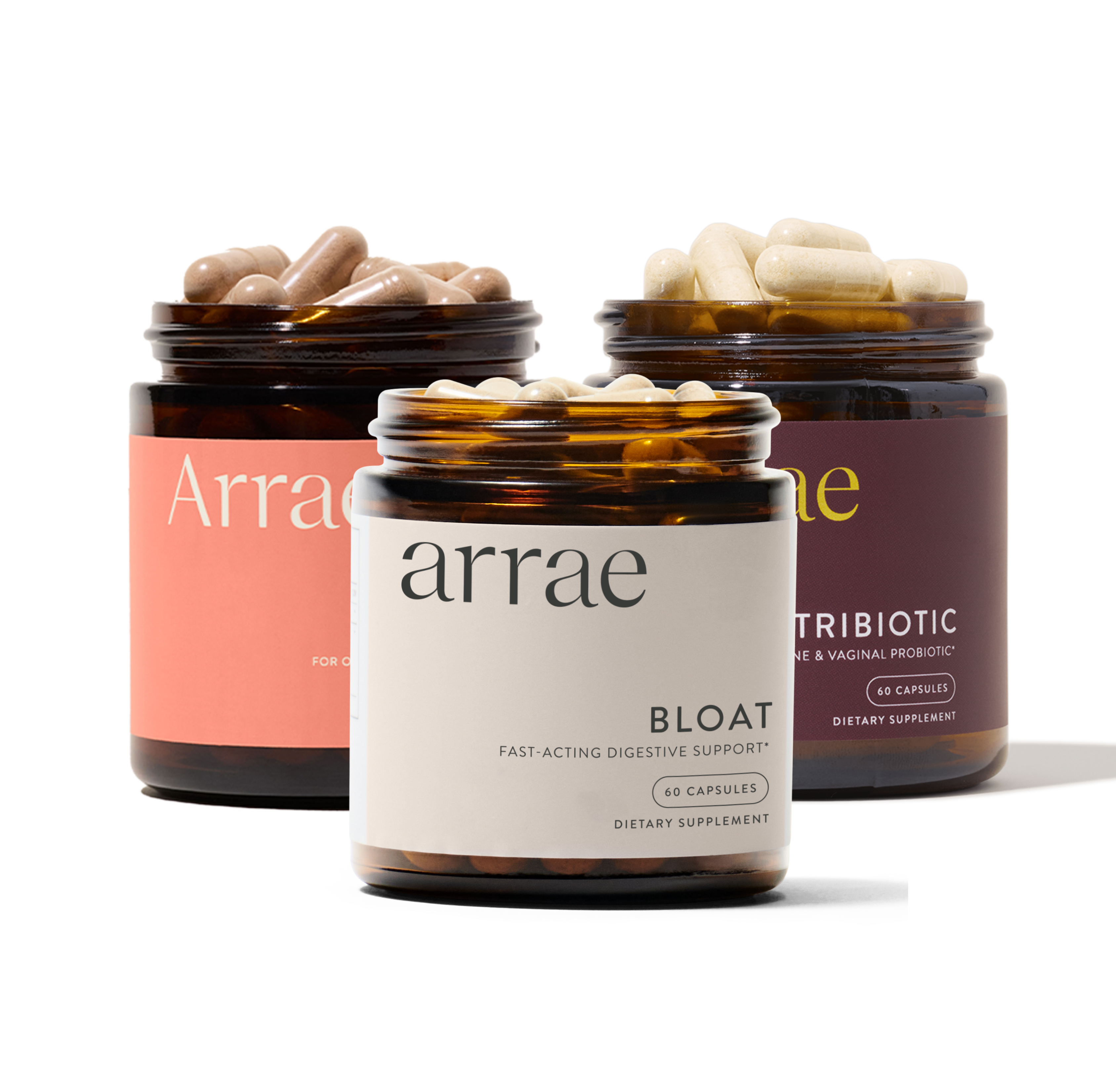
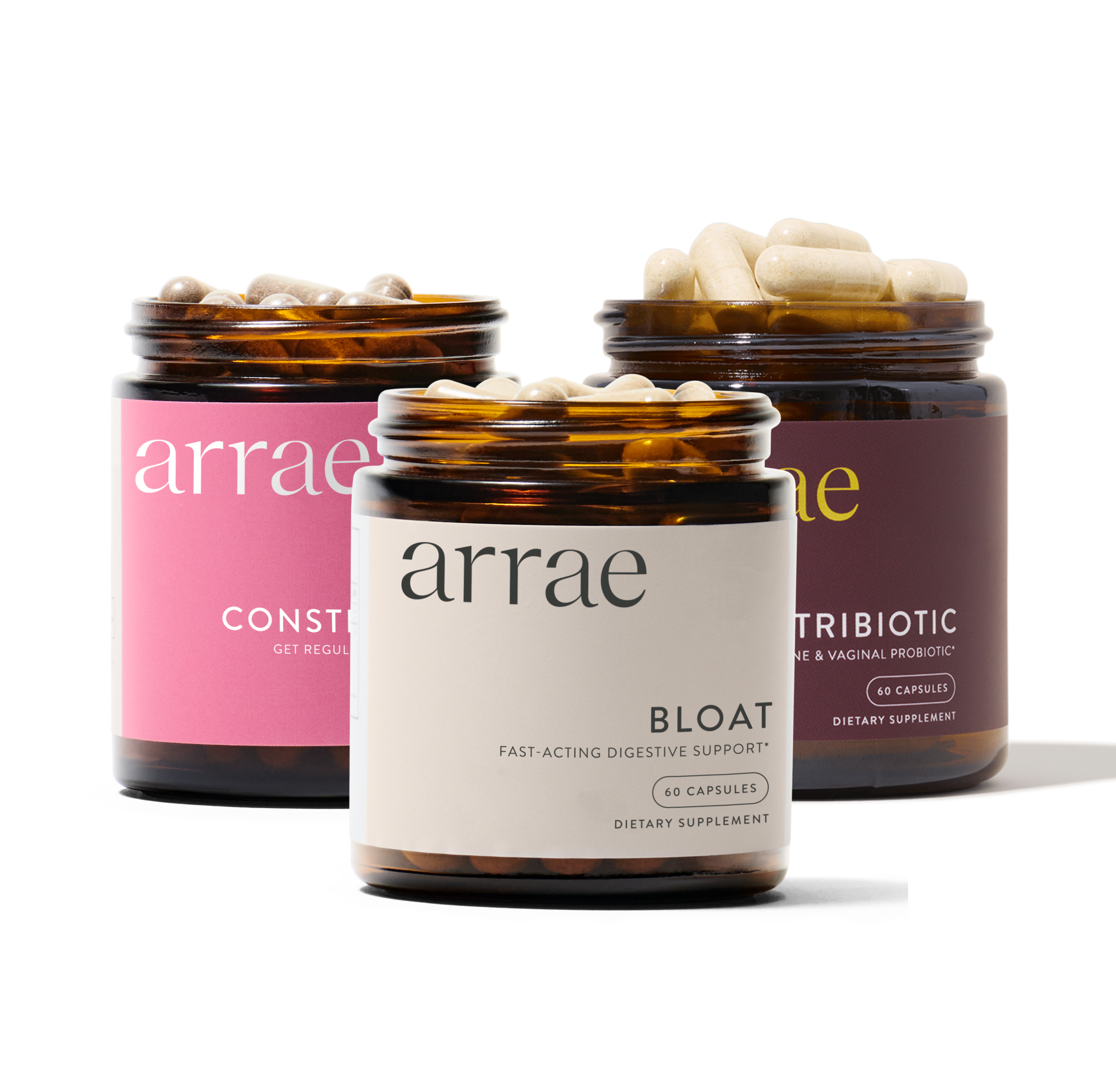








 Instagram
Instagram TikTok
TikTok Youtube
Youtube Facebook
Facebook Email
Email